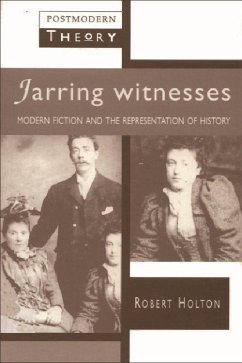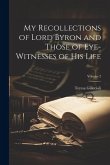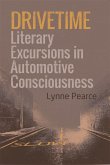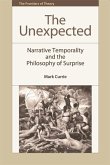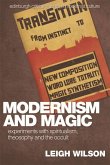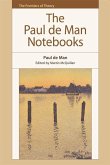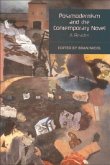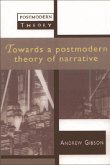A study of the relationship between narrative and history from the late-19th century to the present day. The book reconsiders the terms of modernist narrative and modernist attitudes to history, and offers a theoretical engagement with the problems of the historiography as they affected writers.
Jarring Witnesses begins by surveying the problem of point of view as a formal, cognitive and cultural determinant in narrative historiography, particularly in the way certain dominant forms of 'legitimate' history have necessitated the suppression of the voices of 'jarring witnesses'. The problem is explored in relation to Pierre Bourdieu's theories of doxa and heterdoxy, Bakhtin's concept of heteroglossia, and postmodernism. With this theoretical framework established, a number of modern novels concerned with history are then explored. Chapters devoted to Conrad's Nostromo, Ford's Parade's End, and Faulkner's Absalom, Absalom! examine the ultimately orthodox historiographical points of view in these novels, while a chapter on the fiction of African-American women engages the problem of historiography from the margins of the dominant culture. In the final chapter, Pynchon's V is the focus of a discussion of postmodernism and historical discourse. This is an original, interdisciplinary work which engages issues of contemporary academic debate and illustrates its arguments with examples from well-known texts. The book is relevant to current debates in the problems of narrative representation both in fiction and the writing of history, while addressing questions being raised in literary studies concerning the representation of cultural difference and the varieties of social and discursive power.
Hinweis: Dieser Artikel kann nur an eine deutsche Lieferadresse ausgeliefert werden.
Jarring Witnesses begins by surveying the problem of point of view as a formal, cognitive and cultural determinant in narrative historiography, particularly in the way certain dominant forms of 'legitimate' history have necessitated the suppression of the voices of 'jarring witnesses'. The problem is explored in relation to Pierre Bourdieu's theories of doxa and heterdoxy, Bakhtin's concept of heteroglossia, and postmodernism. With this theoretical framework established, a number of modern novels concerned with history are then explored. Chapters devoted to Conrad's Nostromo, Ford's Parade's End, and Faulkner's Absalom, Absalom! examine the ultimately orthodox historiographical points of view in these novels, while a chapter on the fiction of African-American women engages the problem of historiography from the margins of the dominant culture. In the final chapter, Pynchon's V is the focus of a discussion of postmodernism and historical discourse. This is an original, interdisciplinary work which engages issues of contemporary academic debate and illustrates its arguments with examples from well-known texts. The book is relevant to current debates in the problems of narrative representation both in fiction and the writing of history, while addressing questions being raised in literary studies concerning the representation of cultural difference and the varieties of social and discursive power.
Hinweis: Dieser Artikel kann nur an eine deutsche Lieferadresse ausgeliefert werden.

